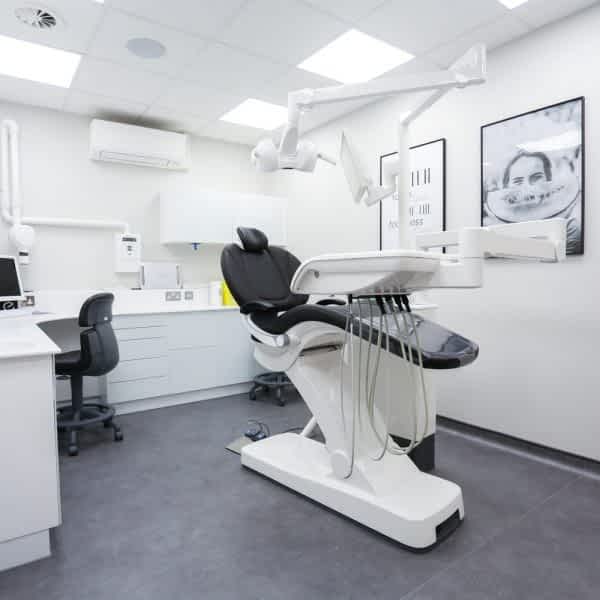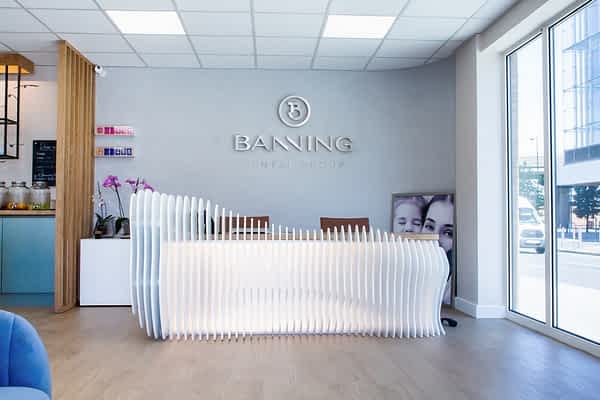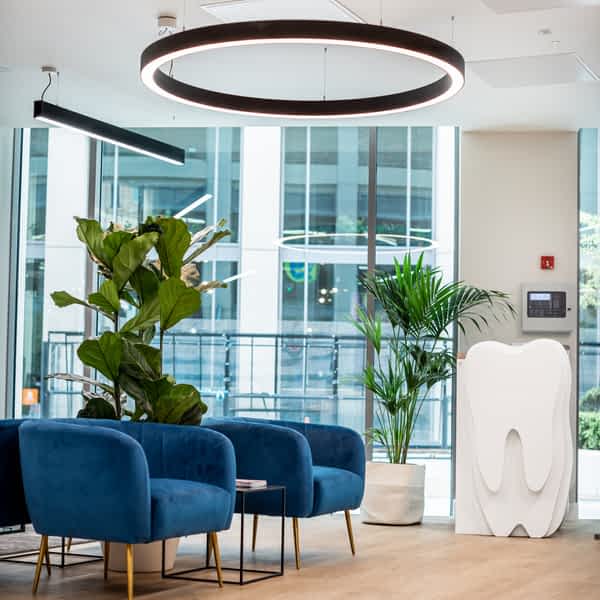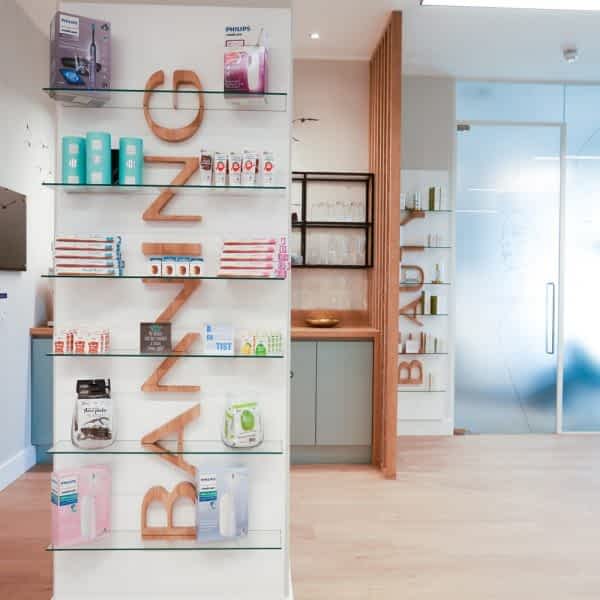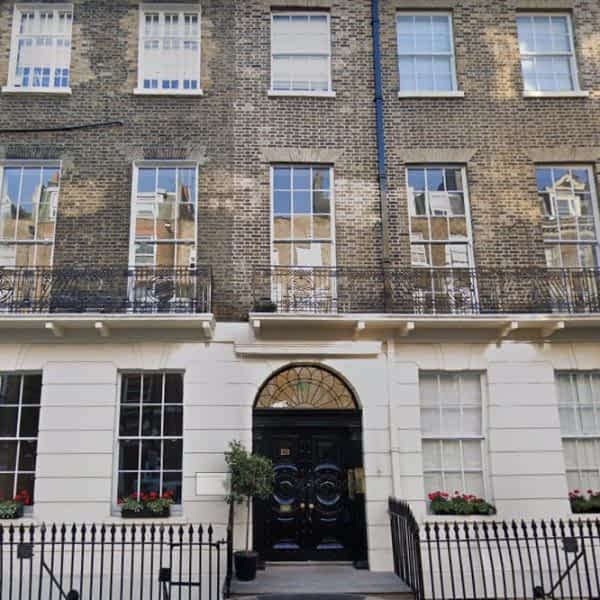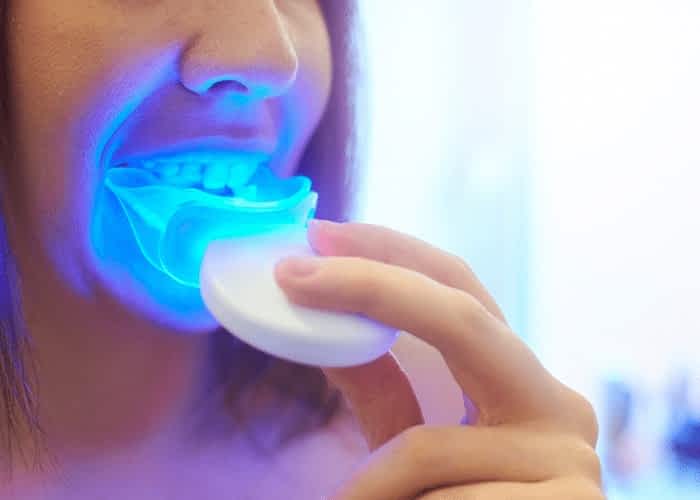
DIY Teeth Whitening: Fab or fad?
Many of us enjoy a glass of wine with our dinner, a nice strong coffee in the morning to give us our get-up-and-go and perhaps indulge in a delicious curry as a treat once in a while. Unfortunately, whilst these are all deeply satisfying, they are just a few of the many food and drinks that can have an effect on the colour of our teeth over time. If you feel disheartened by your teeth discolouring, speedy stain removal treatments can certainly be tempting. You wouldn’t be alone in thinking you can skip a trip to the dentist and order a next day delivery DIY whitening kit online to tackle the stains yourself. But is it safe to do so?
Today we explore the dangers of DIY teeth whitening and whether it’s worth whitening your teeth at home or not…
Is DIY teeth whitening safe?
In general, DIY teeth whitening is considered safe, but it does depend on the product – or products – that you use. Some of the cheaper kits, although enticing, do not contain sufficient active whitening ingredients to be effective. Whilst they may not cause any harm, the results are likely to be disappointing.
Something to consider with DIY teeth whitening kits is that they typically consist of a generic mouthguard which assumes a ‘one-size-fits-all’ approach. Since the shape and size of our mouths vary massively it is unlikely that the guard will provide a perfect fit. This can lead to the whitening ingredients leaking from the guard and making contact with the gums. Sadly, this is likely to result in irritation. We hear of many cases where users of DIY whitening kits notice an increase in gum sensitivity without benefiting from the promised whitening effects.
Another aspect to bear in mind is whether you are purchasing your DIY teeth whitening kit from a reputable source. Whilst the guidelines set by law are detailed in their technical specifications there is no guarantee that supplier you buy from are complying with such regulations.
The EU specifies that DIY teeth whitening should not contain more than 0.1% hydrogen peroxide content. Despite this, you will find in some cases the ingredients deviate from key safety recommendations. Home whitening kits are not only cheap and cheerful but can be cheap and harmful. Some kits contain chlorine – the acid used to clean swimming pools. This acid swiftly eats away at the gums and skin inside the mouth, while destroying teeth enamel. The chemical change that occurs when this ingredient is used can help to eliminate discolouration of the teeth but should only be used within safe levels advised by governing bodies and overseen by medical professionals.
There is a protective layer of enamel on your teeth for a reason and as dentists, we work hard to maintain this. We don’t wish for anyone to require professional dental intervention as a result of a failed DIY Whitening.
Can I whiten my teeth with just baking soda?
Aside from the “specialist” DIY teeth whitening kits for use at home, baking soda is commonly used to whiten teeth at home naturally and affordably. What many don’t realise though, is that baking soda on its own is likely to have little to no effect, and therefore needs to be mixed with an activator of some sort. This could be lemon juice or hydrogen peroxide liquid, among others. Both of these mixtures become highly acidic and when used on the teeth at home and can have equally damaging effects on the superficial layer of the tooth.
Why would anyone think it is a good idea to remove the outer layer of the tooth with an acidic mixture at home? There may be a lightening effect, but it could come at a damaging cost, resulting in highly sensitive teeth. Unfortunately, the prevalence of tips and tricks within online apps and advice forums, for example, Pinterest, has made this “tip” immensely popular in recent years. Another tip that has been growing in popularity is mixing baking soda with coconut oil. While this might be less harsh on the teeth, there is no research pointing to this concoction having any efficacy.
Home DIY teeth whitening vs dentist
It is important to note that most popular home remedies and DIY teeth whitening kits are for use on natural teeth. If you have dentures, bridges, implants, or crowns, unfortunately no home solution is going to work. This is why it is vital to visit your dentist and have a chat about what you want to achieve in terms of whitening and what is going to work for your teeth. They will be able to guide you on the best solution. Remember, the best solution does not have to equal the most expensive!
Furthermore, if you have active cavities that you may or may not know about, some home remedies can cause even more harm. Yet another reason to see your dentist who will be able to recommend the safest solution specifically for you. Stick to the methods approved by your dentist and you generally cannot go wrong.
So, in a nutshell, DIY teeth whitening is not ideal, and you should always opt to have your dentist guide you to the most suitable option. As with most things, you get what you pay for. If something seems too good to be true, it probably is!
If you are nervous about visiting a dentist in the first place, don’t be! We want you to enjoy excellent oral hygiene and lovely sparkling teeth as much as you do. They will consider your budget, while avoiding the potentially nasty side effects that DIY methods can produce.
Check out some of our before and afters to see for yourself
Speak to us today about our teeth whitening options and avoid any nasty surprises from dubious DIY kits.


